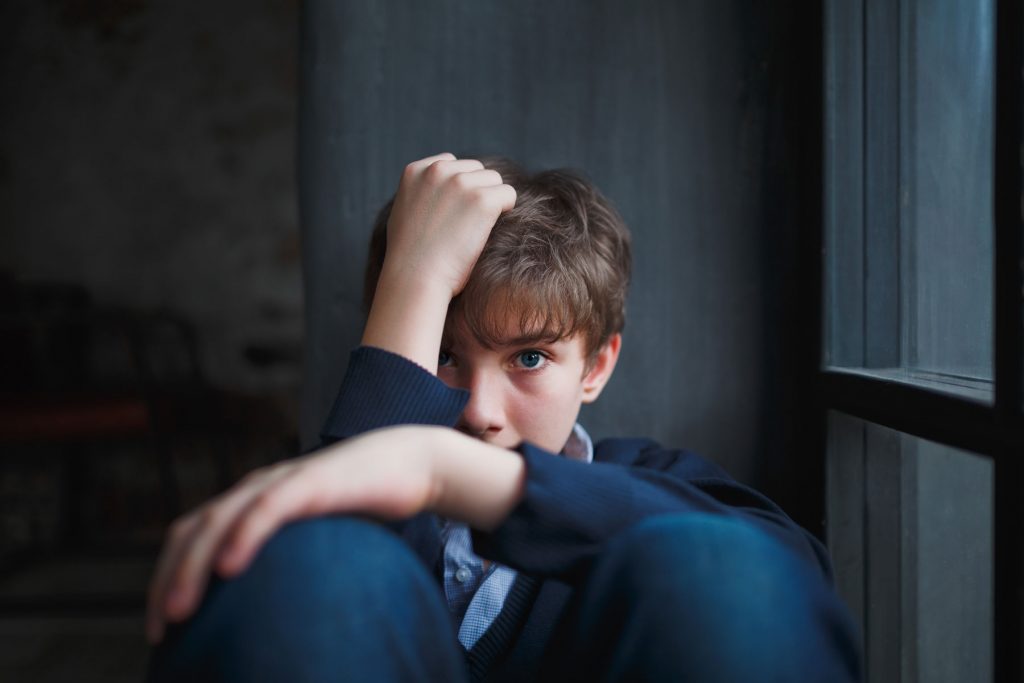Adoption can be a wonderful thing. People can earn the chance to become parents if they were unable to before, and can provide great opportunities for children who may not have had the best circumstances otherwise. However, the process is often stressful for the children involved, sometimes leading to adoption trauma.
Childhood trauma is an unfortunately common occurrence for children of adoption. Helping them find support and treatment in a safe, supportive environment like Family First can help. Our childhood trauma treatment can provide help for teens 12-18 who are recovering from the adoption process. We offer residential treatment for boys, or partial hospitalization treatment (PHP) for both girls and boys. Call 888.904.5947 for more information.
What Is Adoption Trauma?
Adoption trauma refers to the emotional and psychological pain experienced by some adoptees as a result of their adoption. This type of trauma often stems from two main factors:
Pre-Placement Experiences
Institutionalized adoption or being in foster care can be traumatic for a child, as they may have experienced neglect, abuse, and multiple caregivers. These pre-placement experiences can lead to fear of abandonment and difficulty forming attachments with new caregivers.
Delayed Onset
As children develop through adolescence into adulthood, they will develop new characteristics that may trigger past adoption-related traumas. This can lead to emotional struggles and difficulties with identity formation.
Trying to cope with traumatic experiences from childhood and forming a unique identity after being placed in a new home can be overwhelming and difficult to process alone.1
Adolescent Mental Health Challenges
Adopted children who have experienced childhood trauma are more likely to develop mental health challenges. These might include:
- Attachment disorders – Reactive attachment disorder (RAD) and disinhibited social engagement disorder (DSED) are two types of attachment disorders that can develop due to early childhood trauma.
- Depression and anxiety – Adoptees may struggle with depression and anxiety as they navigate the complexities of their adoption story, including feelings of rejection or abandonment.
- Post-traumatic stress disorder (PTSD) – Children who have experienced traumatic events during pre-placement or post-placement may develop PTSD, leading to symptoms such as flashbacks, avoidance behavior, and difficulty sleeping.
Childhood trauma, also called complex trauma, can be difficult to treat, as it often involves multiple layers of emotional pain. At Family First, our team of mental health professionals is trained and equipped to provide appropriate treatment for adoptees dealing with trauma.
Treatment Options at Family First
Our treatment programs are designed to help teens move forward and reclaim their individuality. By working closely with our therapists to explore their mental health at a deeper level, adolescents can begin to heal from their past traumas and learn healthy coping mechanisms.
We employ a range of evidence-based therapies, such as trauma-focused cognitive behavioral therapy (TF-CBT), to help teens process their emotions and develop healthy coping skills. Experiential therapies, such as equine therapy and art therapy, are also incorporated into our treatment programs to help teens build confidence, improve self-esteem, and develop healthy relationships.
Families also remain a primary focus of our treatment approach. We offer family therapy and support groups to help improve communication, rebuild trust, and strengthen relationships between adoptees and their families.
Contact Family First for Help Today
If you’re the parent of an adoptee struggling with childhood trauma, know that you’re not alone. At Family First, we are dedicated to providing support and healing for teens dealing with adoption trauma. Contact us online or at 888.904.5947 to find out how our treatment programs can help you and your family. No child should have to bear the weight of their past alone—let us help them heal and grow into the best version of themselves.
Footnotes:

